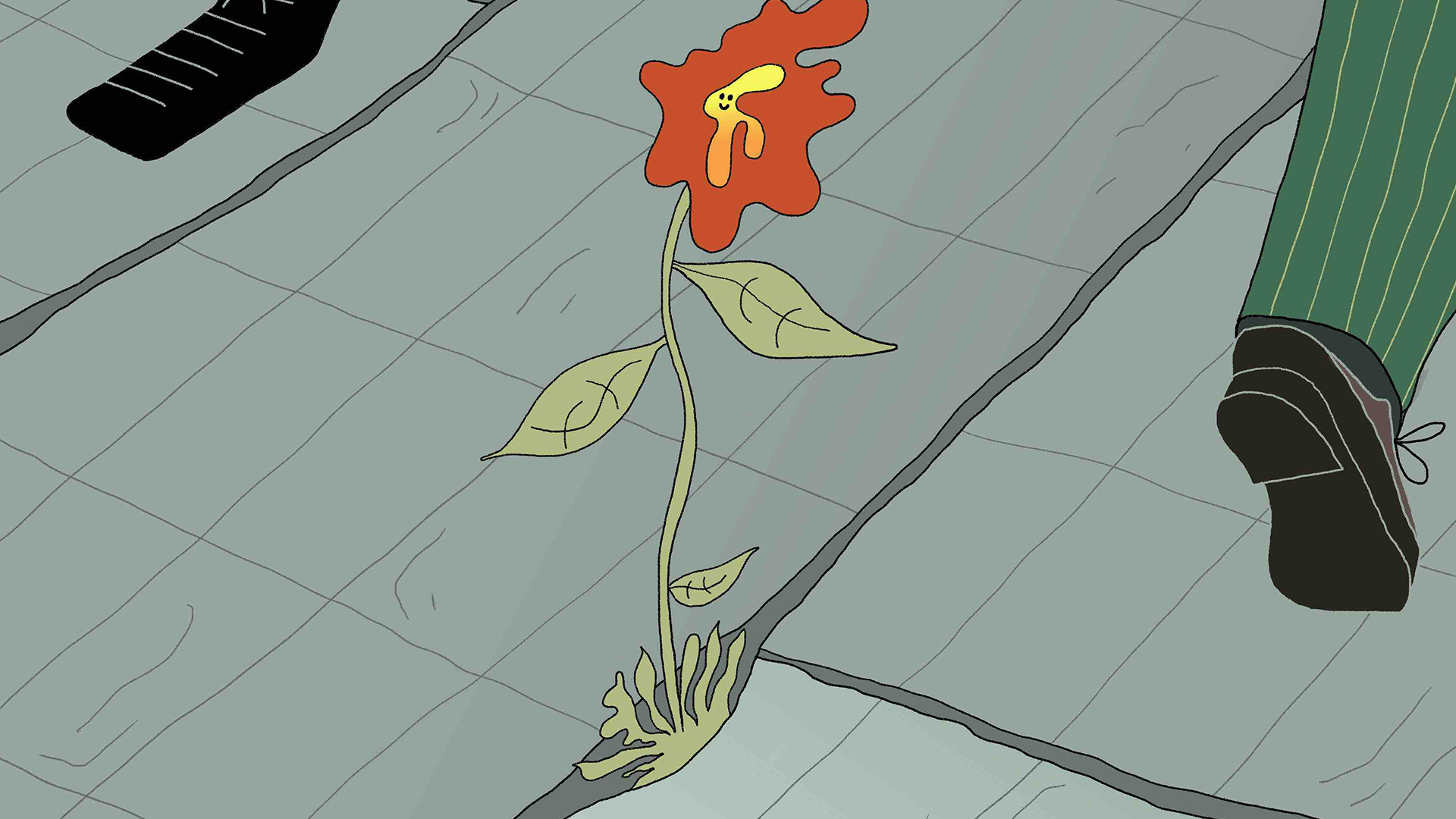CONQUERING THE LIMITS OF THE UNKNOWN
“Stranger, your great fame for your wisdom and travels has reached us, that your love for knowledge led you to visit many countries to study them”
Croesus to Solon, Herodotus
People look like escapees from another world. They have come to this life like visitors to festivals, who arrive in a foreign city, either to gain glory and money, or to see what and how it is being celebrated there. The former are common, contemptible andrapods. Those, however, who aim to go after knowledge and seek the truth, are the friends of wisdom; they are the philosophers.
This is what the great Pythagoras had answered to Leo, the tyrant of the Phliasians, when he was asked what philosophy is and in what ways philosophers differ from other people.
The definition is, of course, very general. According to Pythagoras, every person who investigates life and the phenomena of the world is a philosopher. A philosopher, among other things, is also a mathematician, who will calculate the buildings of the city, where he travels out of the whim of fate. The sociologist, who will study the theories of life, is also a philosopher. And so is the musician, who will examine and penetrate into the art of sounds and rhythms.
In the time of Pythagoras, this view was absolutely correct. Still, the different sciences had not yet sprung up, from the sources of this natural inclination to knowledge. Just like, once upon a time, architecture housed all the fine arts within its bosom. Just like, from its enormous achievements, the great temples of people’s reverence, sculpture and painting and plastic arts and dance and all the remarkable aesthetic tendencies of Man sprang, and it is only later that they became self-sustaining. This is how philosophy gave birth and nurtured, for centuries, the main sciences, which, little by little, separated themselves from their cradle and gained independence.
The ancient philosophers studied the stars and were also astronomers. They were also mathematicians; and biologists; and naturalists; and lawyers; and geographers; and musicologists; and sociologists. In the beginning, they were involved with all aspects of science. At a very slow pace, progressively, the so-called specialties arose. Until philosophy was abandoned by its own children.
Did it also run out of content? Does it no longer exist? Has the obsessive drive to find and understand the truth, which is its very quintessence, been definitively and completely absorbed by the sciences? Is there nothing left to give philosophy real substance?
It is a serious problem which has already been raised. There are quite a few individuals who consider philosophy useless, even as a general theory about the world. However, this is not true. Philosophy has never been deprived of anything important, which has always made it necessary for human life and human knowledge. It only missed individual fields. But it has always maintained the highest, the most global view of things, without which the services of the sciences would be useless or almost useless. Sciences are systems of congeneric knowledge, joined together in an organic link of knowledge, though, relating to a specific field. Outside their strictly defined domain, they are blind. Each one of them progresses, usually unrelated to the others. It wins or loses against the others in the straight line of the route. And so, the whole of man’s knowledge is like a jagged line, which in some places shoots out wonderful wedges forwards and in others exhibits gaps and sorrowful delays. We have reached the Moon. We have begun to explore the chaos. But we have not yet managed to penetrate the mystery of the human brain, which is yet our closest and most necessary companion. Thanks to both physics and chemistry, we also know useful information about ancient civilizations. However, we have not managed to utilize them as models of behavior and historical learning, to the benefit of modern civilizations, for a better structuring of our daily life, which keeps faltering between anxiety and wars. The treasures of knowledge, resulting from the detailed study of scientists in the various fields of expertise, rarely serve us to initiate the process of a true improvement of life. We suffer today from the same mental illnesses we suffered thousands of years ago, while, at the same time, we are overcome by the same superstitions, we suffer from the same passions, the same impulses, the same mistakes. But if the sciences, with their brilliant realizations, had the possibility of close cooperation, if their findings acquired an internal sequence and unity, wouldn’t the whole movement of the world be truly progressive, wouldn’t it have much less dangerous inequities?
So, philosophy is not useless. It is necessary. Its task is, from a higher, more centralized point of view, the exposition and perception of things, the creation of an overall positive image, with the aid of the special findings of sciences. We would not say that the total amount of the knowledge that results from the individual sciences constitutes the totality of the world’s knowledge. That would be inexcusable naivety. The synthesis of conclusions is necessary to create a single, fruitful perception. Without a unified understanding that will have condensed the partial knowledge, the course of humanity will remain immature and shadowy.
- Paparrigopoulos, a not very well-known poet of the last century, probably because he wrote in the “unrepentant” katharevousa (old-fashioned formal Greek), has highlighted the importance of cognitive unity in the actualizations of Man, in one of his “dialogues”.
If, he says, for the construction of a statue, special genius technicians are separately employed, some to sculpt the ears, others to construct the nose, others the body, others the legs, others the hands, and others the expression of the face, the result of such work would be a terrible monster. The ears, as ears, may be perfect, and the face may be perfect as well, but all welded together, without the intervention of the hand, which would compose them into a single homogeneous whole, would have a hideous appearance.
The same goes of special sciences. Each one of them comes with has brilliant findings. But if all these do not acquire an organic link, the results are hardly constructive, for life as a whole.
Thus, we come to the unmistakable conclusion that philosophy is today more necessary than ever, especially for the formulation of the theory about the world and about life. Having lovingly nurtured the other sciences, it is now the science of sciences itself in order to monitor knowledge circularly, to pass it on, to adapt it, to analyze it, to compare it inductively, to generalize it, to synthesize it, in systematic understanding. And in this way to push forward the horizons of knowledge, perceptions, assimilations, constantly conquering new spaces, constantly narrowing the boundaries of the unsolved, the unknown and the mysterious.
Christos L. Philippidis, “Acropolis” Newspaper 1976


